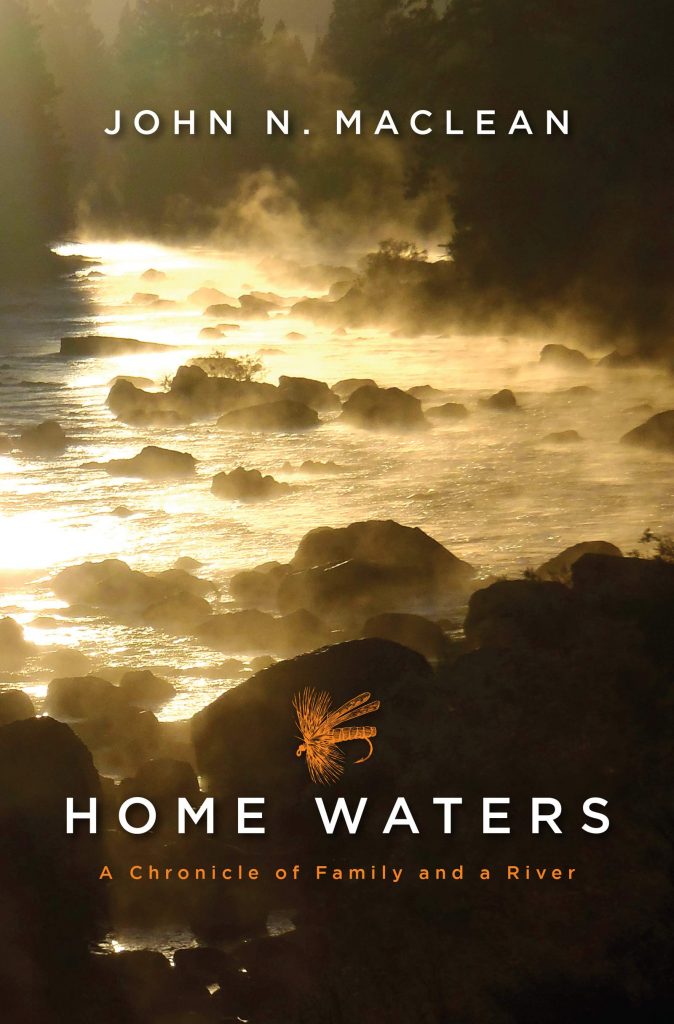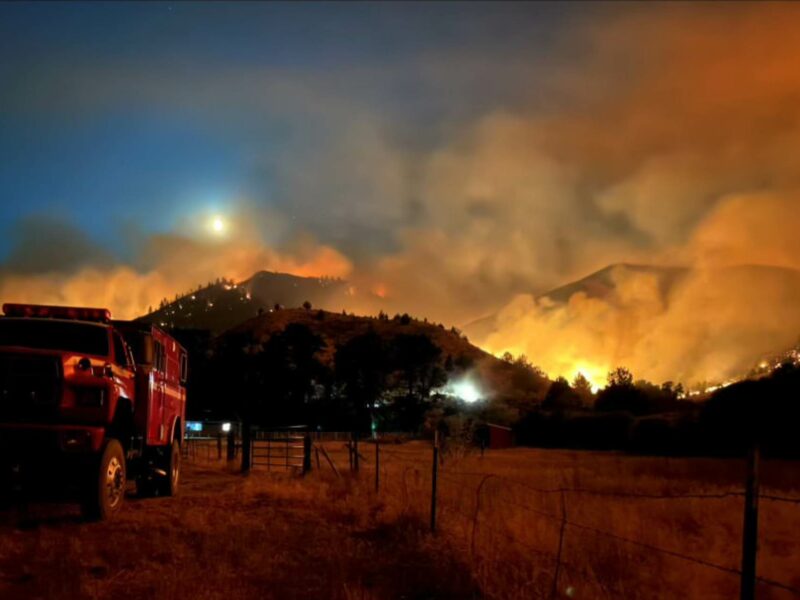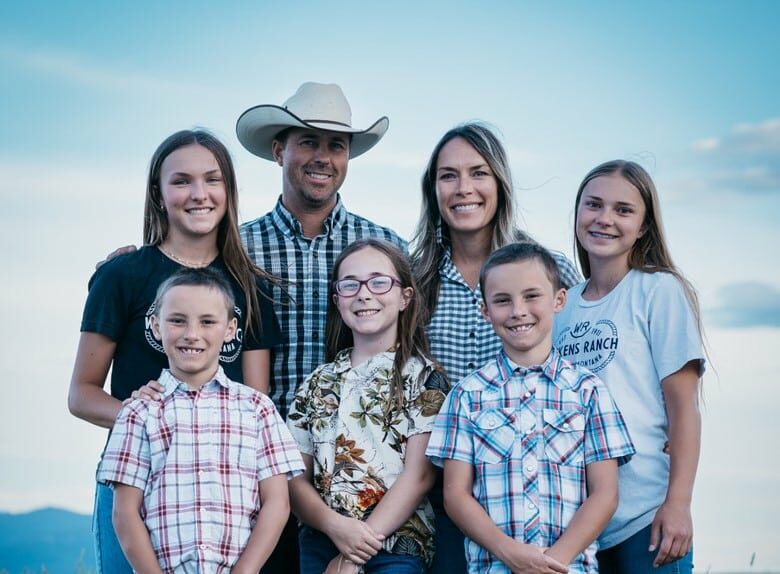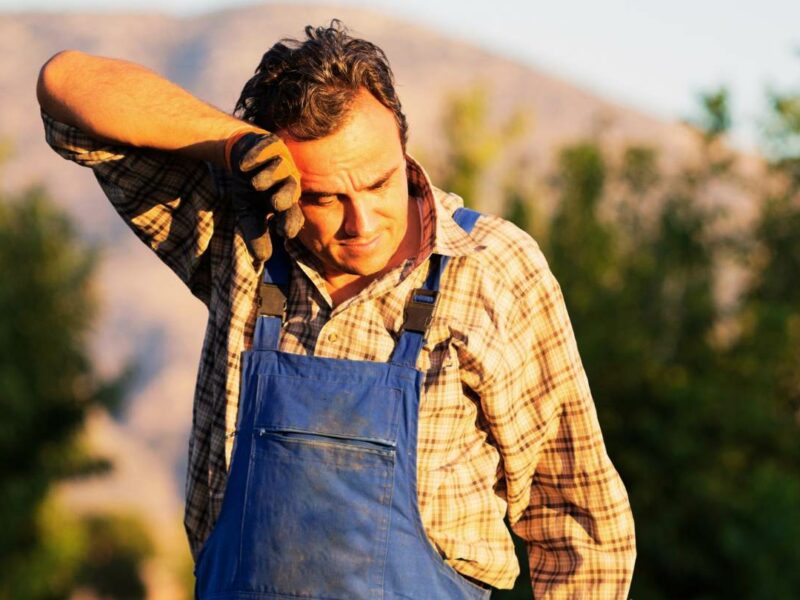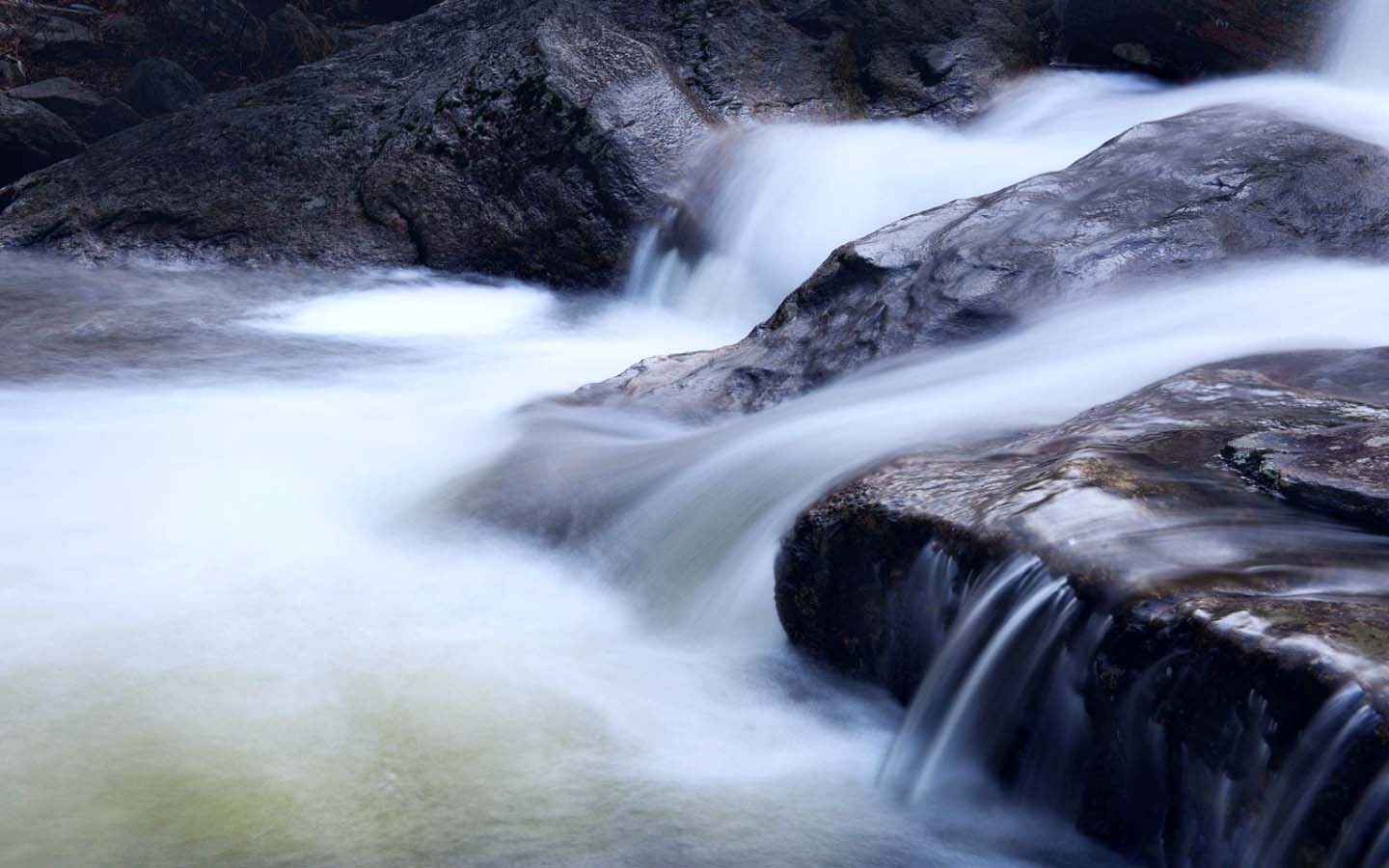
Placing ourselves beside a river
When John Maclean writes of the Blackfoot River, he invokes swirling foam, shallow rapids and bottomless holes below rock reefs. He conjures a powerful sense of place, one richly etched and colored by fly fishing, which is central to the Maclean way (Maclean’s father, Norman, was the author of the most famous fly fishing story ever written, A River Runs Through It).
In Home Waters: A Chronicle of a Family and a River (HarperCollins), Maclean recounts his life spent between Chicago, Washington, D.C., and his family’s beloved cabin in Seeley Lake, Montana. As he describes his grandfather, father, and ill-fated uncle, these three men surface in an eddy of my memory from where I met them in Norman’s classic story. Maclean has said, “It’s a good thing to have a sense of place, and Montana more than any place is where my family has its roots. We’ve been tied there in one way or another for five generations and counting. I’ve fished the Blackfoot River, the river in my book title, throughout my life, as my father did before me, his father before him, and my sons do now.”
I, too, live on the Blackfoot River, near its headwaters, just as it has finished its rush from the mountains of the Bob Marshall Wilderness and begins its more languorous journey through the valley. The river is where we go to walk, to rest, to play, to observe.
Probably, if I had been raised in the Maclean family, or had at least been trained to catch “the right fish in the right way,” I would be as clear-eyed a parser of water-bits as John Maclean. Instead, I learned to fish “the wrong way,” by threading a dismayed worm onto a hook and dropping it into the water, hoping to lure some gullible fish who lacked the discerning eye.
So, when I walk along the river, instead of reading the water itself, my senses are drawn to what lives on the edges of the river. The sweet, spicy scent of tiny yellow silverberry flowers, the refreshing aroma of horsemint. Shiny red buffaloberries catch the eye, as do the ubiquitous willow, red-osier dogwood, and even the naughty non-native nodding oxeye daisies. Those water ouzels, also called American dippers. Funny birds who dance a little jig along the shore, dipping their whole body rhythmically to a jaunty tune in their heads. They plunge their heads into the water to grab a beakful of aquatic insects. I remember when my son saw the fascinating phenomenon of what seemed to be tiny walking sticks making their way along in the shallows. In fact, it was clever caddisfly larvae who’d inserted themselves into hollow reeds for protection until it was time to sprout wings.
“Probably, if I had been raised in the Maclean family, or had at least been trained to catch “the right fish in the right way,” I would be as clear-eyed a parser of water-bits as John Maclean.”
Annette Gardner
Further down the river is where we put in for float trips in rafts, kayaks, or inner tubes. Our favorite getting-out place has a small island that disappears in the high-water rise. One spring before the snows finished melting, a couple of geese built a nest on the island. My brothers, who operate a ranch in the area, noticed the agitation of the birds as the water rose. Thinking they would step in to help the birds and their at-risk eggs, they called Fish, Wildlife and Parks to ask if they should move the nest to higher, safer ground. The staff explained that to do so would promote the survival of the less canny birds. Allowing the water to wash over the nest, destroying the eggs, would be nature’s way of culling out the dimmer of the species. Since then they’ve called it “Dumb Goose Island.”
MacLean, like me, marks time in our valley with shared traumatic events, such as the failure of the Mike Horse Dam in 1975 when high water eroded contaminated tailings into the upper Blackfoot. An outfitting family here in Lincoln, Kenny and Mary Faith Hoeffner, lost a number of horses who drank the poisoned water. MacLean’s family had to stop fishing in the area for years until healthier water levels returned, thanks to efforts by the U.S. Environmental Protection Agency, the Big Blackfoot Chapter of Montana Trout Unlimited, and the Blackfoot Challenge. Memories of that spill evoked relief in many locals when Montana voters banned cyanide-leach mining in 1998, thereby putting a halt to the huge McDonald Gold Mine project that was firing up east of Lincoln. Yet other neighbors were frustrated by the lost opportunity for jobs in an area hurting for employment opportunities.
Even though Maclean and I read this same water through different lenses, we both share a deep sense that our lifelong experience of the place gives it real power. This sense of place is central to Home Waters. For Maclean, place carries a collective memory, shapes families and individuals, and brings them together. For him, and for me, that home place is the Blackfoot River watershed in Montana. To borrow his family’s favorite word, it is beautiful, and he does a beautiful job of conveying his love for these valleys.
As a teacher, I have always felt it was important to engender in my students an understanding of and an appreciation for the place where we live. If citizens do not care about their homeland, they will not care for it. My co-teachers and I took students out measuring stream turbidity, counting aquatic insects, hiking up Lewis and Clark Pass, checking out the Mike Horse and Butte mines, planting willows on reclaimed streambeds, learning about the geologic and ancestral history of Montana. They journaled about what they observed, what they learned, and about their thoughts and feelings. I like to think that one day one of our students will put pen to paper as Mr. Maclean did, and remind us of what’s important: our lives, our families, our place.
Annette Gardner is a 5th generation resident of the Blackfoot Valley. She taught elementary students for 37 years, and is now an instructional coach in Lincoln, Montana. When her brother is willing to share, she picks cherries from his trees and makes Martha Washington’s Cherry Bounce.


